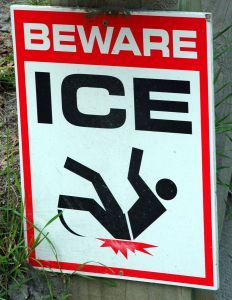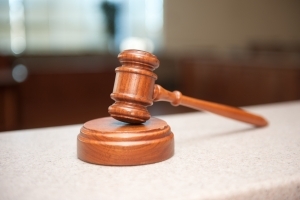Property owners are responsible for curing or warning of dangerous conditions of which they know or should know and that may not be easily discoverable by guests.

That’s the general basis for premises liability claims in Florida. In some cases, though, property owners can be held responsible for third-party acts when those acts were precipitated by some dangerous condition on site. Some examples include negligent security and attractive nuisance. The latter primarily involves children on the property, and the principle holds that children are going to be drawn to certain dangers on site. Because children lack the ability to fully process the consequences of their actions, property owners have a duty to protect children in cases of foreseeable danger.
F.S. 823.08 details some obvious attractive nuisances, which can include:
-Iceboxes;
-Refrigerators;
-Deep-freeze lockers;
-Clothes washers;
-Clothes dyers;
-Similar airtight units from which the doors have not been removed.
Continue reading ›
 Florida Injury Lawyer Blog
Florida Injury Lawyer Blog














